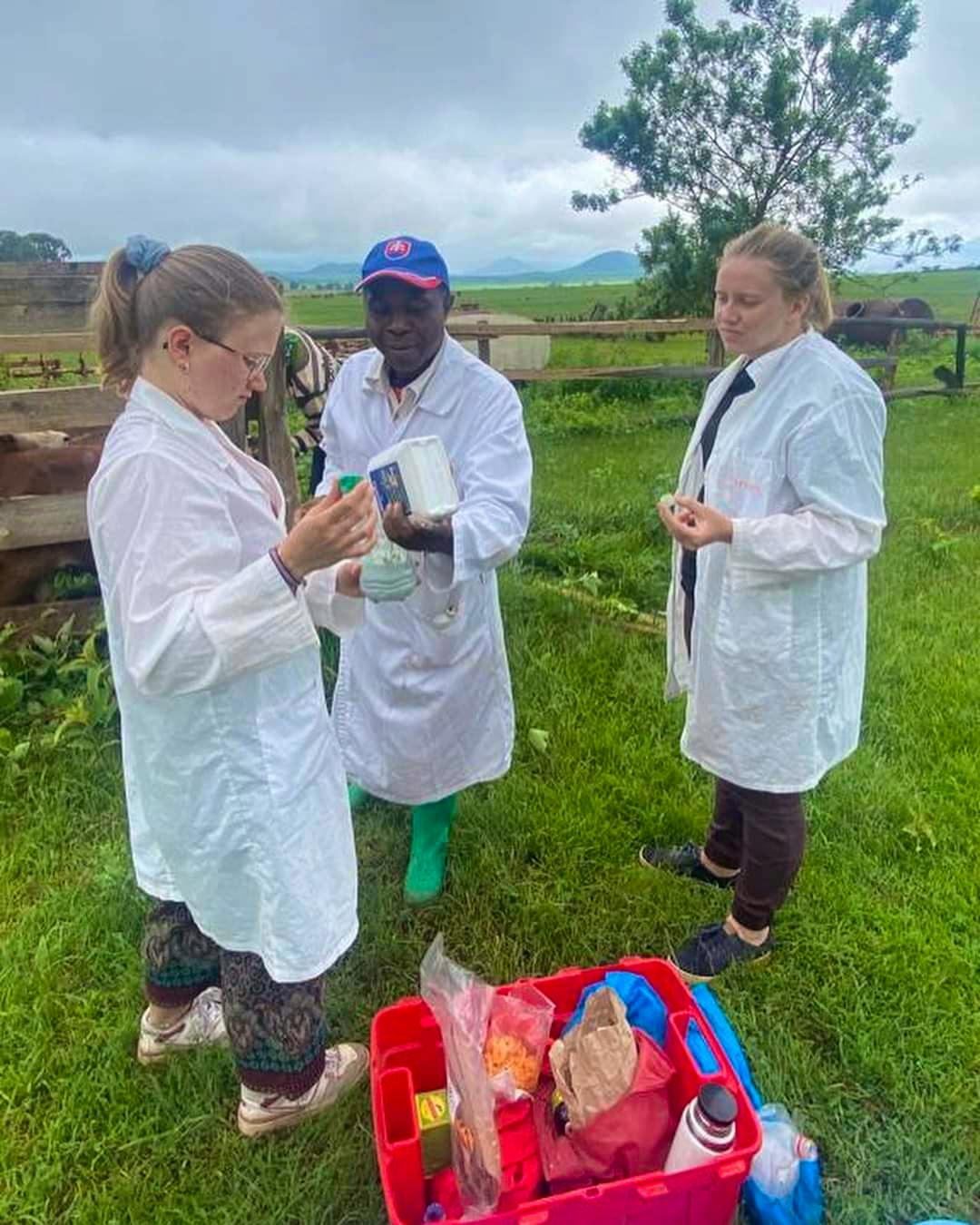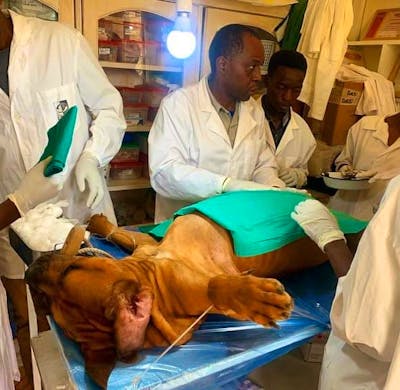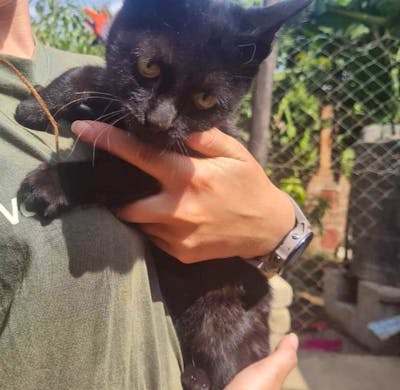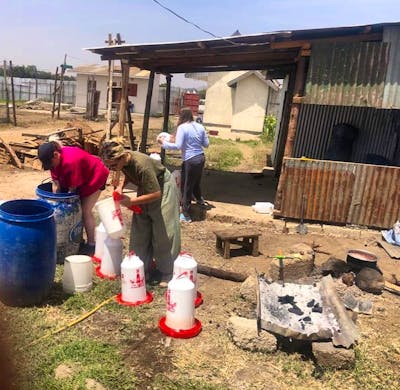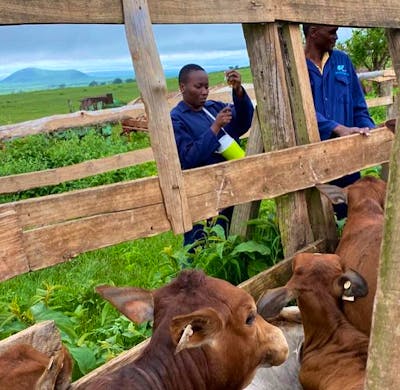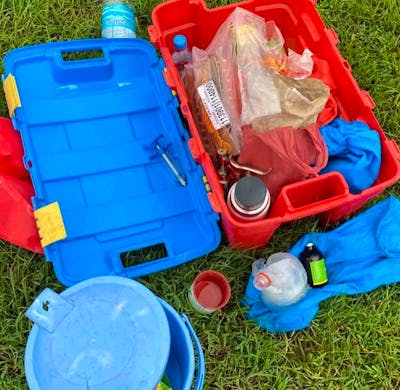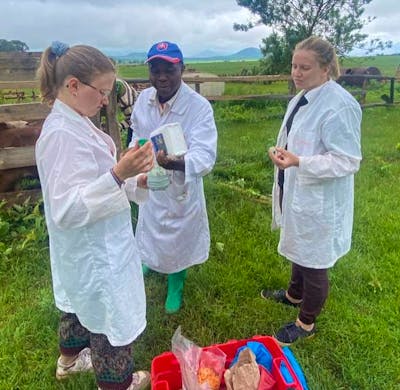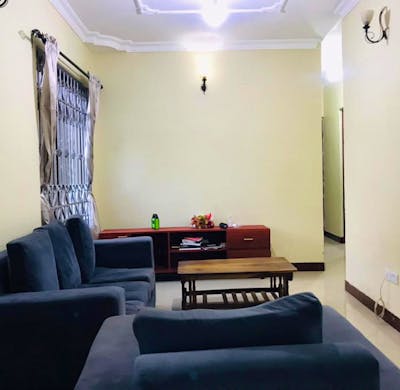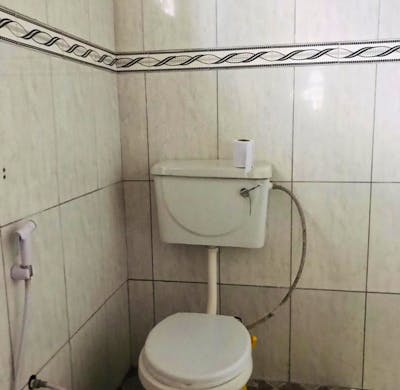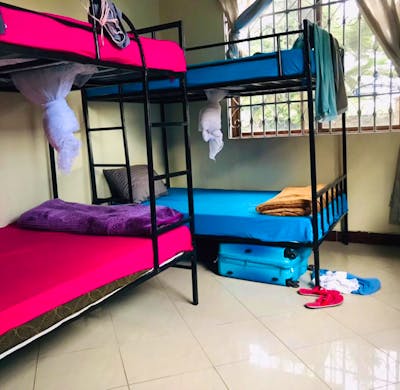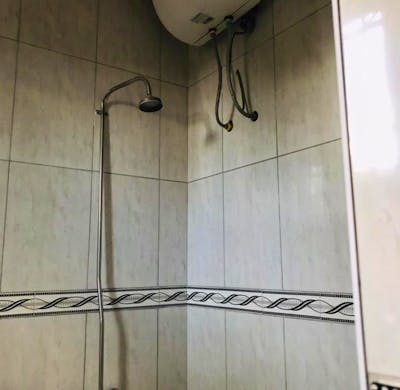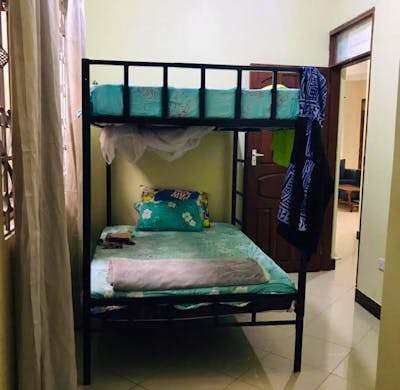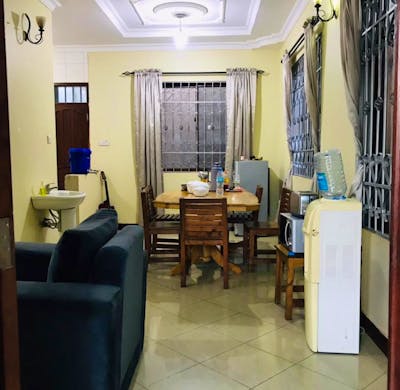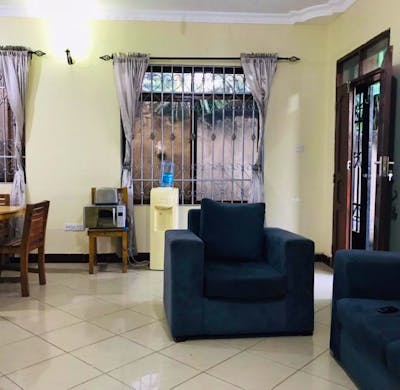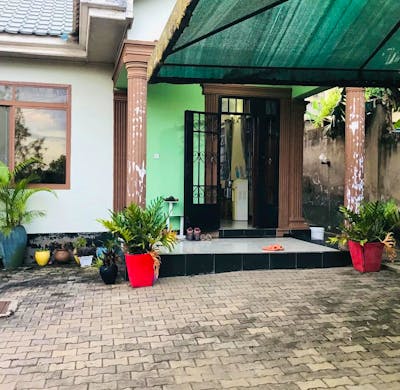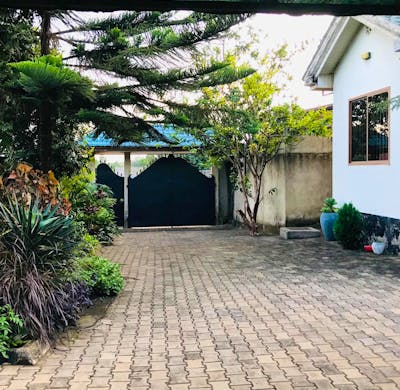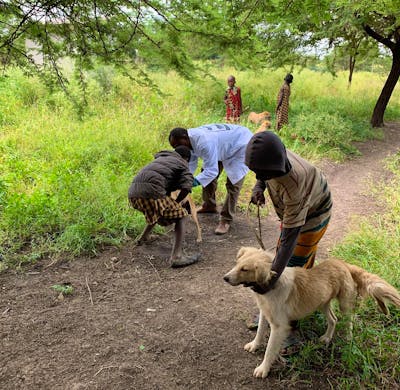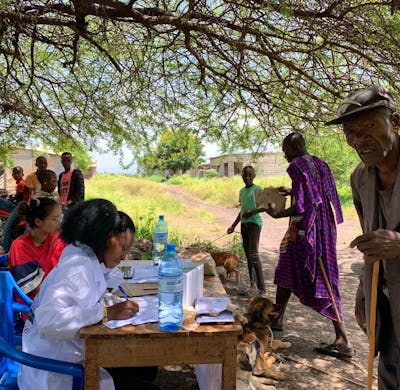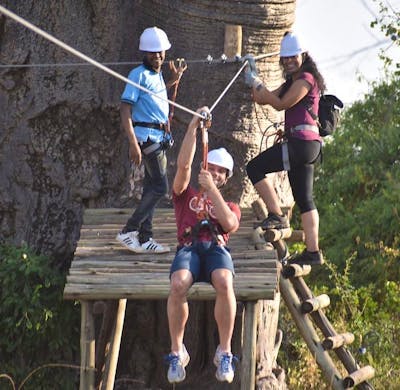from 176€
Animal Welfare and Animals' Shelter
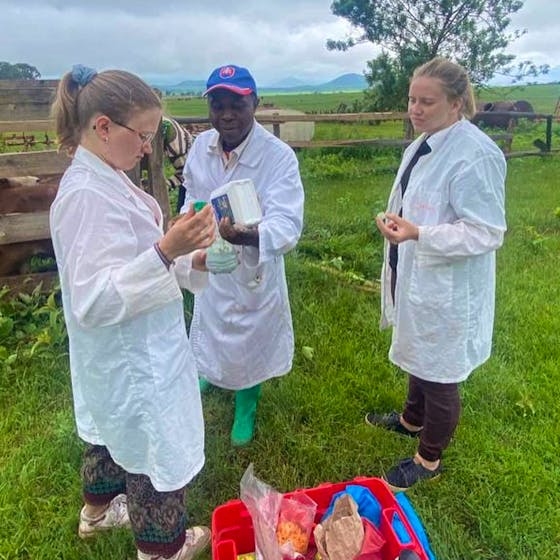
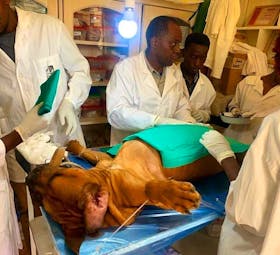
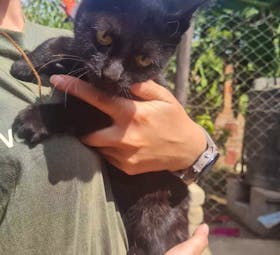
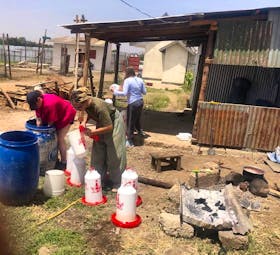
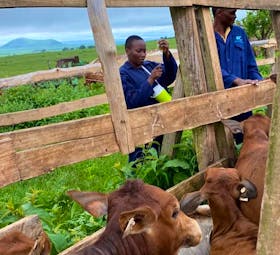
Highlights
- Heighten cross-cultural learning and global understanding.
- Increase access to education.
- Promote health and wellbeing
- Support community development
- Economic development of communities.
Especially suitable
About the program
Spread awareness about veterinary and animal rights. The program tries to change the perception of animals in Tanzania and how to care for animals.
The Animal Welfare program is located in Northern Tanzania. It surveyed the villages in the district to enhance the current animal welfare status in the area. The aim of this survey was to provide an empirical foundation and to make strategic decisions involving the allocation of project resources ...
Typical day
In general, volunteers have the freedom to choose how they spend the day. However, a daily routine is recommended and may be coordinated with the project coordinators based on your program. A general day may look like this:
- Breakfast between 6:30 and 7:30am
- Commuting to placement via public ...
Free-time activities
Where can I go after my placement?
You can visit House of Babies, a home for orphaned and abandoned children.
You can visit a Special needs center.
You can go to the gym/ walk/ run.
Where can I go on weekends?
Arusha Town
Maasai Market & Souvenir Shops.
Museums and Historical sites.
Multi-cultural ...
Requirements
What's Included
What's NOT included?
Details on arrival
Program Duration
Program Start Dates: 1st and 15th of every month.
The Program commencement includes the night before your start date. If you choose to arrive before the starting date, you will have to pay extra according to the days of your stay.
The duration of your stay and program is counted in weeks. For instance, if a volunteer is registered for 4 weeks and the start date is January 1st, the program fee accommodates the previous night of December 31st until January 28th respectively.
Travel and leisure holidays are of no exception; they are within the program duration. If a day or more is taken for travels in the program dates, the end date will remain the same.
There is the possibility for program extension whenever necessary. A one day extension costs 30 USD, whereas more than a week would be assigned program fees in regard to the duration of the stay. It is advised that if volunteers require an extension, they should provide a notice prior to the end of their original program.
Program fees
Meet your organization
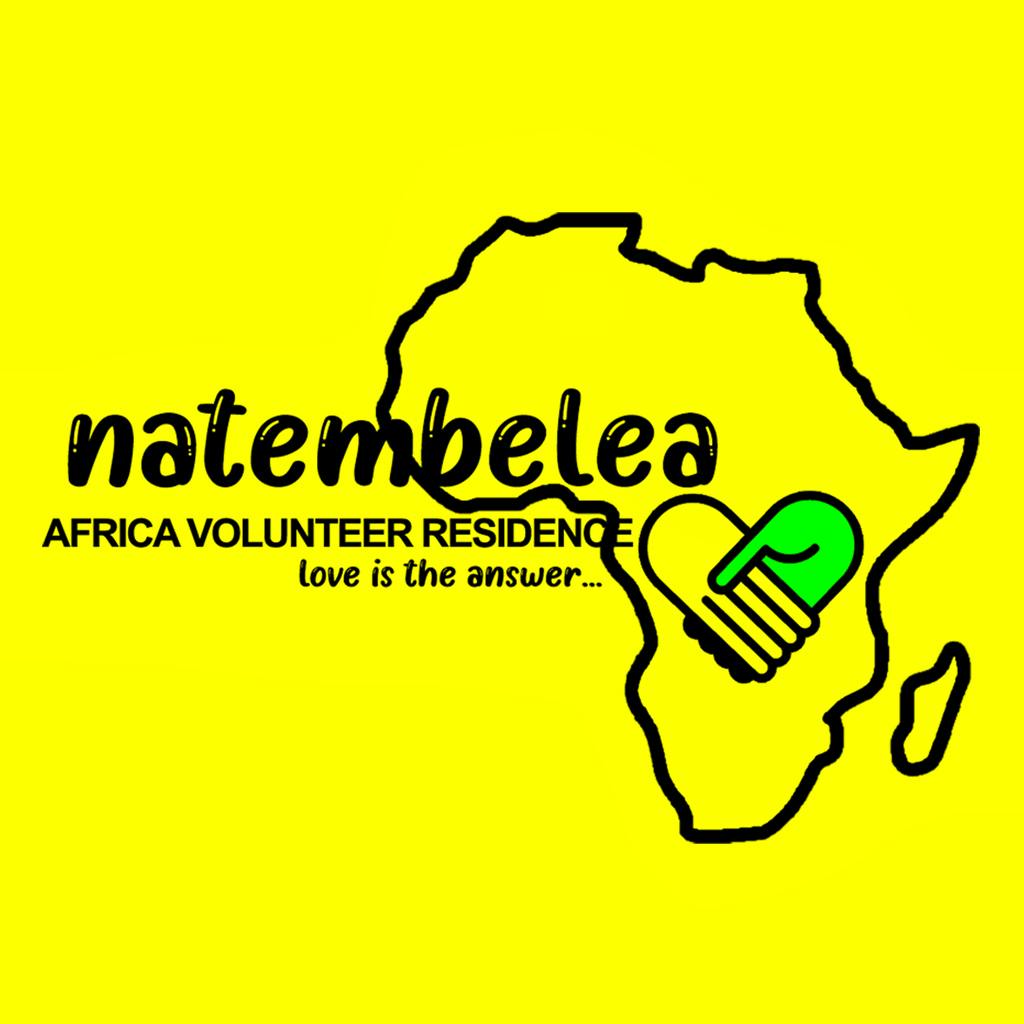
Natembelea Africa V Residence
Non-profit - founded in 2019
Verified by Volunteer World
Coordinated by

Schola
About the project
38 reviews ·  4.6
4.6
Location

You might also be interested in
-
Arusha
Veterinary Training
Intern Abroad
Animals in Africa
Voluntouring
Internships in Tanzania
Couples
Global Volunteer Opportunities
Best Volunteer Programs
Volunteer Trips for College Students
Projects Abroad
Mission Trips
Mission Trips to Africa
Adults
Group Volunteering
50 Plus Volunteering
